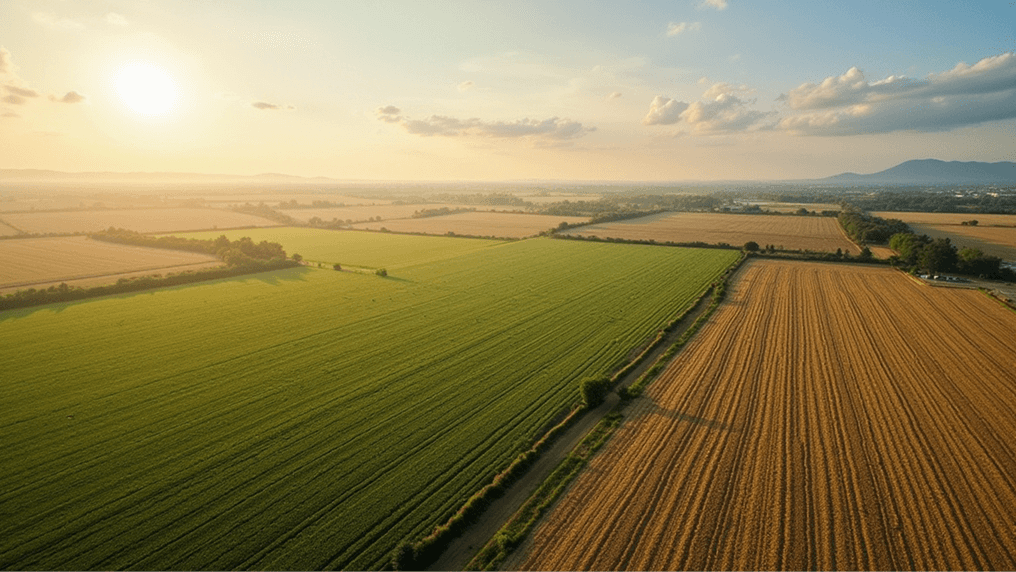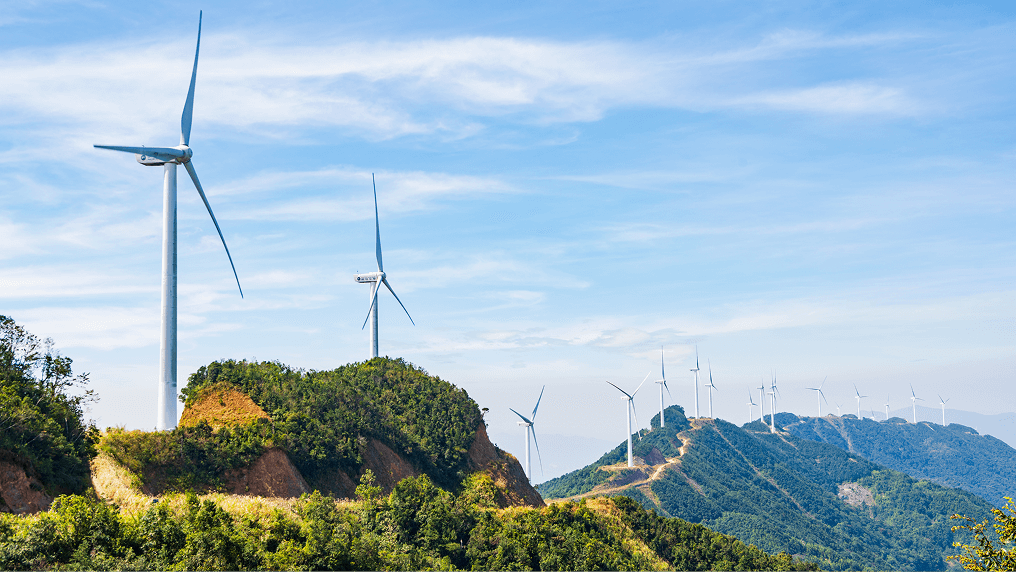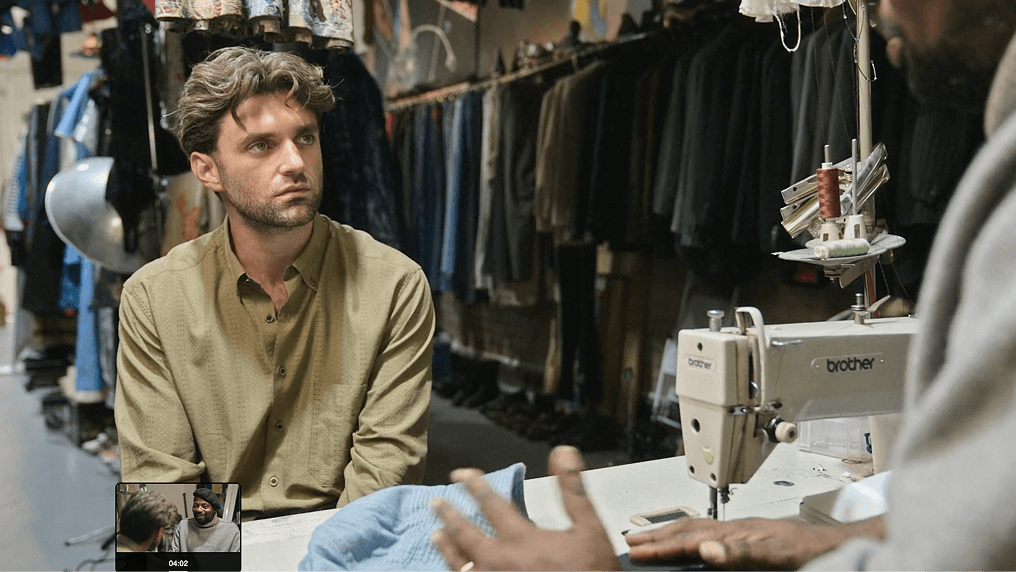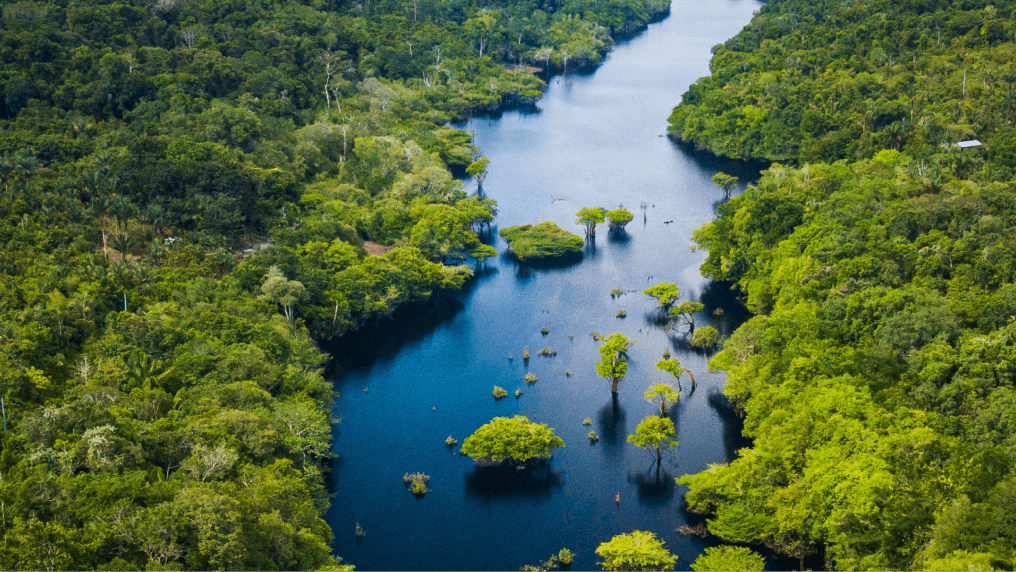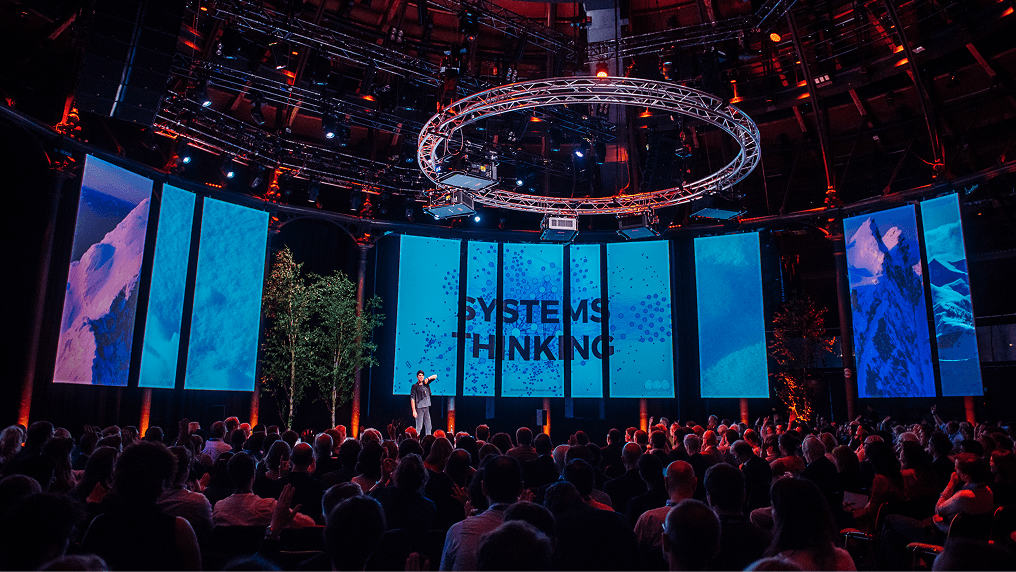This is part of a series of impact stories highlighted in our 2024 Impact Report. To explore more impact stories, see the full collection.
The circular economycircular economyA systems solution framework that tackles global challenges like climate change, biodiversity loss, waste, and pollution. It is based on three principles, driven by design: eliminate waste and pollution, circulate products and materials (at their highest value), and regenerate nature. represents a major – and largely untapped – opportunity for economic growth and climate action in North America. Our goal is to highlight the circular economy’s potential as a driver of decarbonisation, job creation, and waste reduction across the United States. To support this effort, we published An Innovation Pathway to Decarbonization in April, a report showing how adopting circular practices in key, carbon-intensive sectors like the built environment, EV batteries, and electronics can accelerate climate progress while delivering economic benefits. By joining the dots between the circular economy and these national priorities, we are demonstrating its potential as a powerful solution for economic resilience, innovation, and sustainability while encouraging policymakers and business leaders to take action in the world’s largest economy.
Applying the circular economy in just three key sectors in the USA – the built environment, EV batteries, and electronics – is an economic opportunity of up to USD 1.5 trillion.
To amplify these insights, we engaged key stakeholders through targeted communications and events. During New York Climate Week, for example, our events on tech, food, finance and decarbonisation, highlighted the circular economy’s role in tackling the climate crisis.
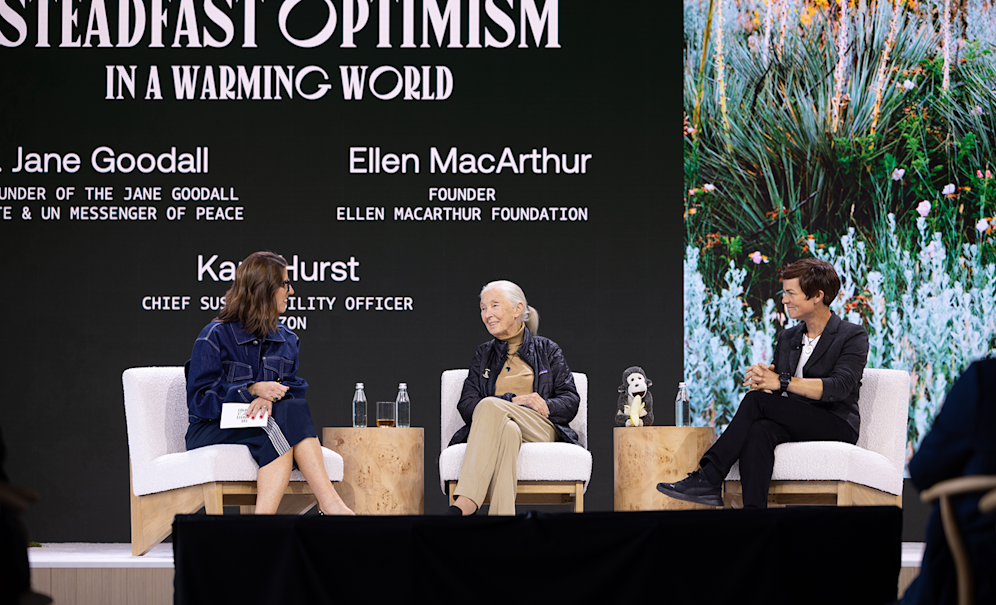
Dame Ellen MacArthur and Jane Goodall with Kara Hurst, CSO, Amazon, at the Climate Pledge Summit
These and other efforts have helped us to shape US policy. In addition to our insights and outreach, we co-hosted an event with the US State Department on reusereuseThe repeated use of a product or component for its intended purpose without significant modification. in advance of INC-4 plastics treaty negotiations, engaged with the White House and State Department to raise US ambition in these negotiations, and contributed to the US Government Accountability Office’s report on textile waste. Our input also helped inform the White House's ambitious strategy on plastics, published last summer.
30% of our Business Network is headquartered in North America.
We have worked to develop and implement transformative circular tools and innovations for business. For example, we contributed to the development of Circular Living Standards, operated by WRAP, which use trusted third-party certifications to promote better product design. In particular, our expertise in measurement and reporting standards has helped to impact and shape the Pre-Loved Standard, to more closely align with our vision for a circular economy for fashion, and to articulate the positive impact of keeping products in use, at their highest value, for as long as possible. These innovations are helping to harmonise the industry.
With a developing context within North America, the circular economy remains constant as a highly relevant economic solutions approach. We will continue to respond with agility, connecting the circular economy into themes relevant to North American industry and policy stakeholders.
In this collection
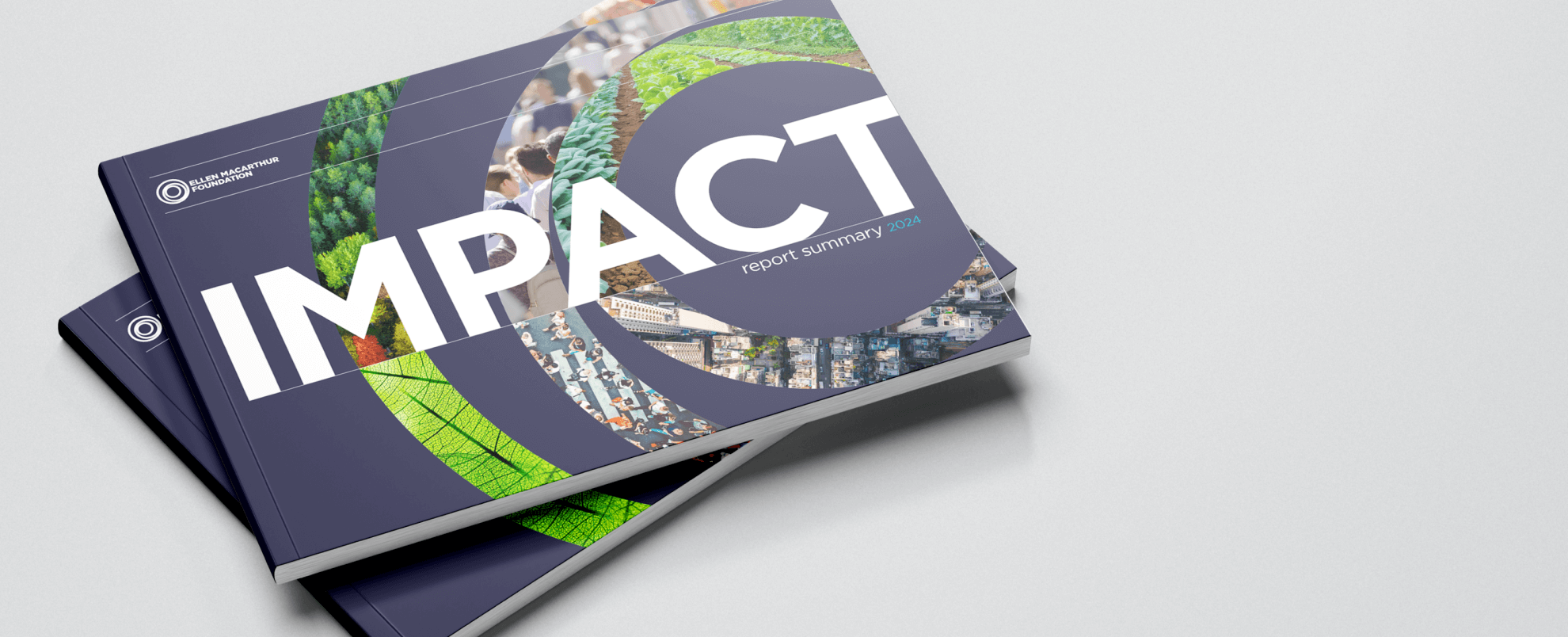
Breaking new ground
The Ellen MacArthur Foundation's Impact Report Summary 2024
We are a leading global organisation committed to transforming the economy so that it works for people and the environment.


